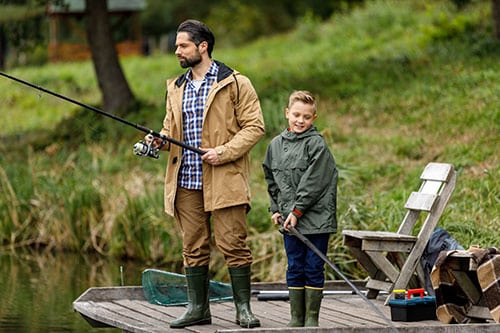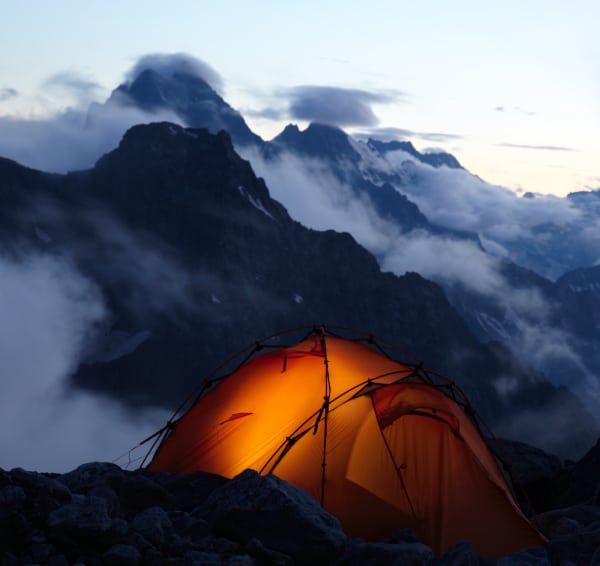Camping outdoors is one of the best recreational activities available. The best seasons to camp fall on spring or summer. However, many people also love camping in winter. There is nothing more relaxing than getting out of a tent, seeing gentle, soft snow falling on tall pine trees.
Since winter is an unusually cold season, certain precautions and preparation must be taken of one is planning to camp in winter.
When planning to camp in winter, remember that daylight hours are shorter and fewer in winter. Therefore, you should lessen your mileage goal by 50% to 60%.
One of the most important considerations when camping in winter is clothing. To keep yourself warm, you should dress in layers. The layers should at least include a liner such as thermal underwear, an insulation layer such as a fleece or woolen sweater and a waterproof, windproof outer shell such as a winter parka or jacket. It is important to note that during winter, you should not wear cotton shirt. That’s because cotton looses its insulating properties when it gets wet.
To protect your feet from frostbite, you should wear warm boots made out of oiled leather and plastic. Heat loss from the head can be prevented from wearing woolen balaclava, ski mask, ear muffs and a hat. Gloves should also be worn to keep your fingers and hand from the cold.
When camping in winter, it is also important to take careful consideration on shelter. You should use a well-protected and insulated tent. Three-season tents are fine in mild winter season. However, they may not be strong enough to withstand high winds and snow build-up during heavier winter weather.
When selecting a camp site, choose one that is sheltered from the wind. For example, a clear area surrounded by a lot of trees is a good area. Do not camp near those trees though since snow from the trees might fall on your tent.
A good idea is to hang a tarp to shield your tent. Also, if the weather is particularly windy and the campsite you selected is exposed, dig up a 1 or 2 foot hole where you will set up your tent. This will lessen the wind that blows on your tent. Use rocks, logs and snow stakes to anchor your tent, especially during windy weather.
Food with a lot of carbohydrates and a good supply of water is also essential. This will provide you energy, warmth and hydration when camping in winter. Also select food that is easy to fix such as one-pot meals.
You can also include portable heaters to warm up yourself and heat packs so you can heat up your food.
These precautions should keep you snug and comfortable so you could enjoy your winter camping more enjoyable.







Leave A Comment